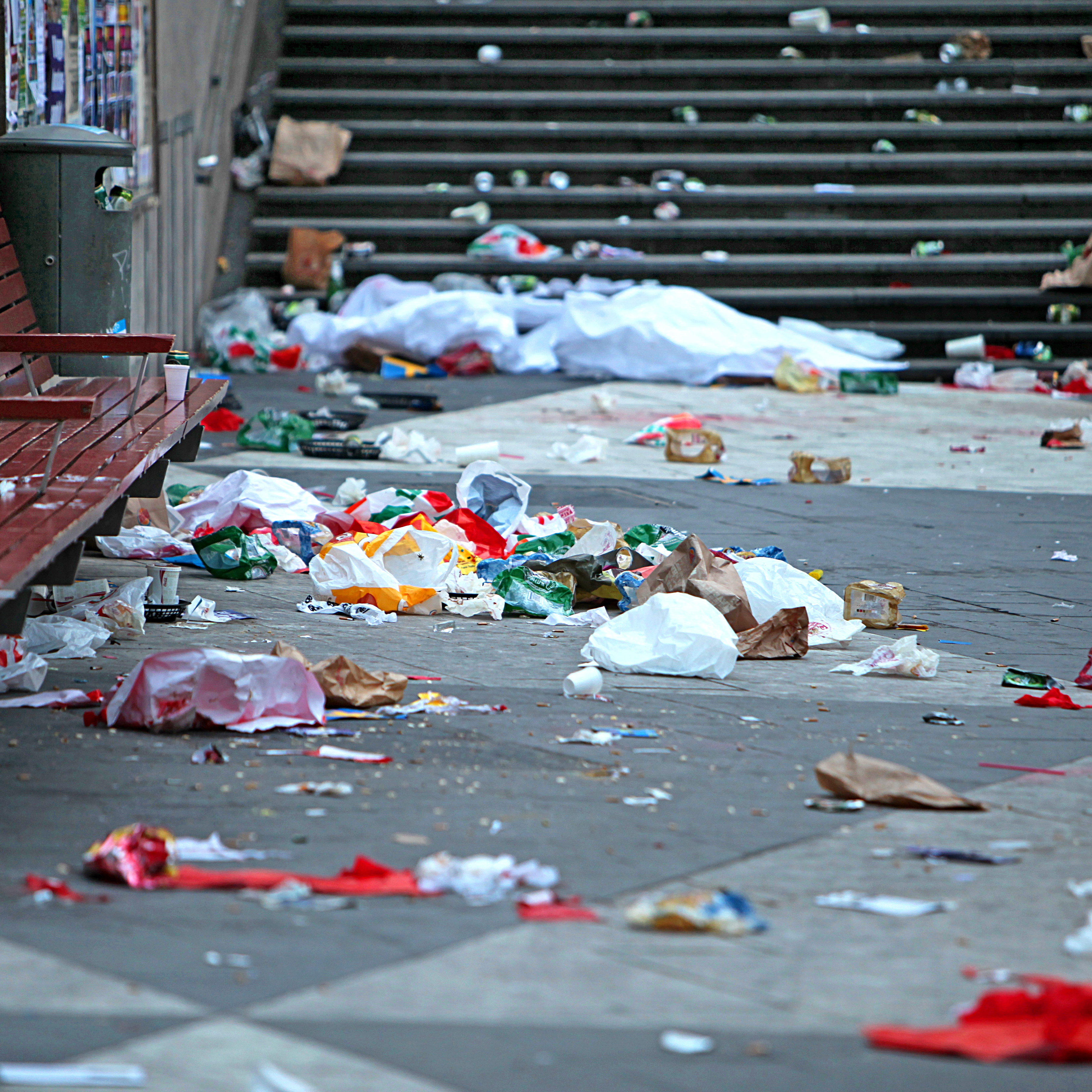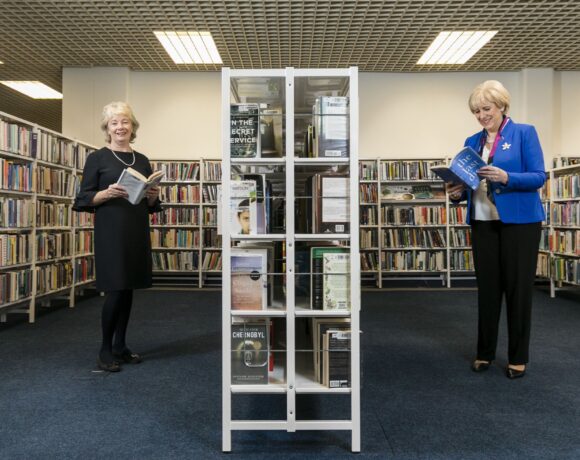Littering continues to be a serious problem across Ireland and litter levels are on the rise throughout the country, according to the latest IBAL (Irish Business Against Litter) survey.
The latest IBAL survey results found just 70% of the towns and cities surveyed met European norms cleanliness, compared to 85% just two years ago.
Three urban areas – Galvone in Limerick, Farranree in Cork and Dublin’s North Inner City – were found to be worst offenders.
Along with these disappointing figures, news has emerged that of 6,259 litter fines issued across Dublin city between 2013 and 2015, only 2,042 were paid in full with a further 77 fines being partially paid.
In total, 1,913 fines were appealed, of which 665 were successfully appealed. 1,741 prosecutions for non-payment of fines were initiated but only 173 convictions were obtained.
Under the current system, the chances of illegal dumpers and litterers getting prosecuted appear to be slim.
The information was released to Councillor Cieran Perry, who said it was vital all fines are pursued “so that illegal dumpers fear getting caught”. Without fear getting caught and the repercussions that come with that, there is little deterrent.
6,259 fines were issued across Dublin city between 2013 and 2015. Only 2,042 were paid in full with a further 77 fines being partially paid.
In response, Dublin City Council (DCC) has said it will attempt to pursue all remaining unpaid fines that remain unpaid through the courts.
DCC added that it is looking into ways of improving the success of enforcement through investigations of illegal dumping using CCTV, waste collection surveys and inspections in the city.
In the 2014 and 2015 the cost of removing illegally dumped rubbish was €670,000 and €640,000 respectively.
Illegal dumping and litter is a huge issue and not confined to Dublin.
In Kerry, a tech-central five-year plan, has been adopted to target “the persistent” problem of litter. The plan will include smart phone apps, mobile cameras and CCTV all being deployed to stop illegal dumping.
A similar initiative is being overseen in the Wicklow mountains by Protecting Uplands and Rural Environment (PURE) Project, where night vision CCTV were installed to monitor illegal dumping hotspots.













